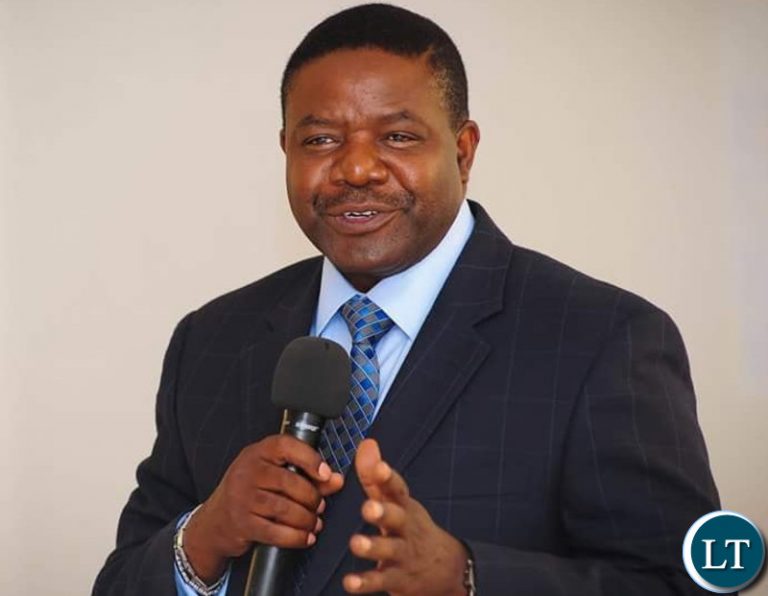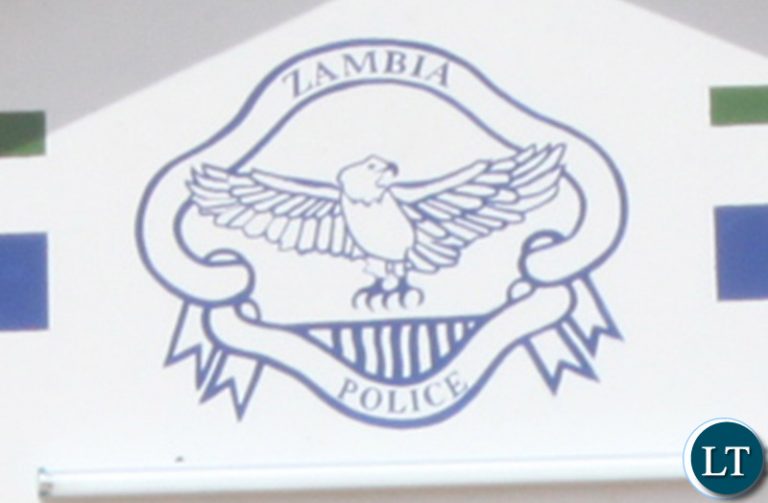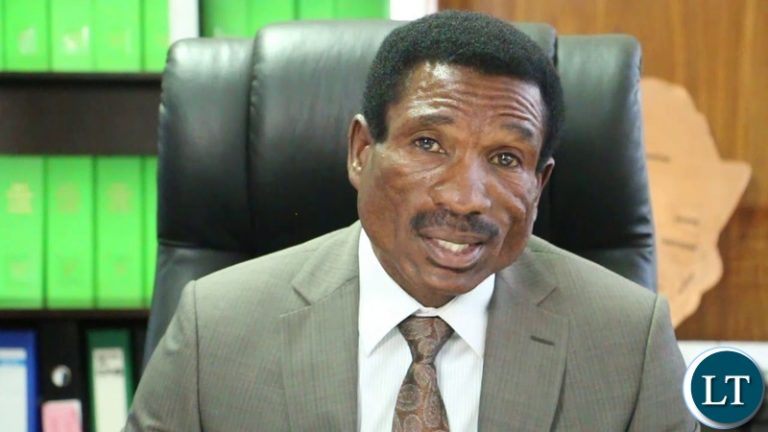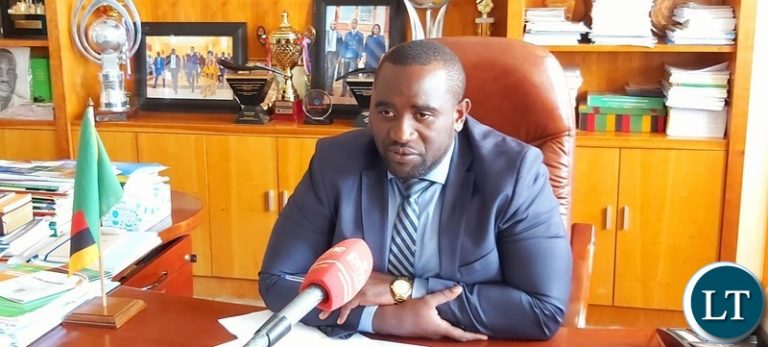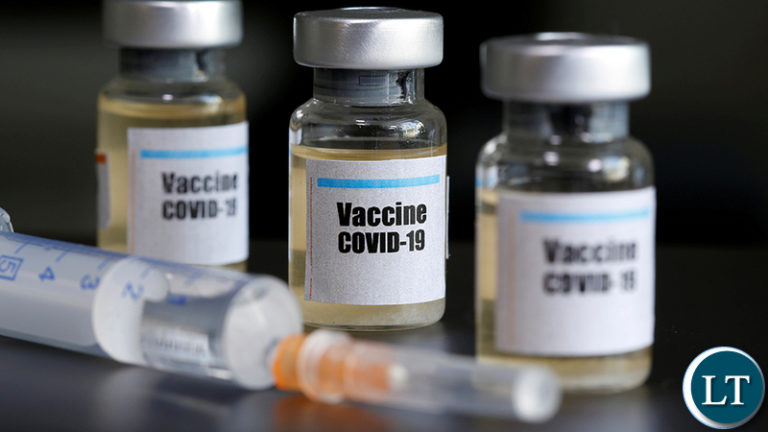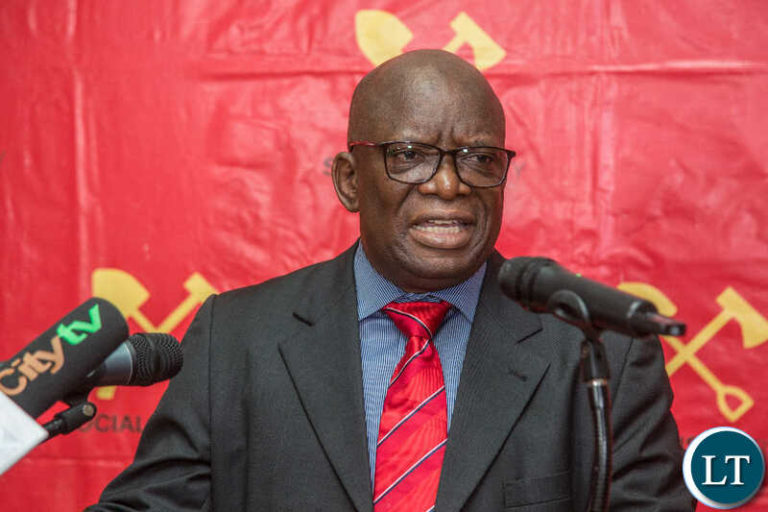Economist Chibamba Kanyama has raised questions over the recent decision by government to engage a UK based public relations firm to handle communications over the country’s debt for the next six months.
Government has hired Highgate Advisory Limited of the UK as the GRZ Communications advisor for the debt management process at a total cost of £333, 403.54 (US$452,897.36 or K9.7 million).
In a statement, Mr Kanyama said the decision to engage Highgate was not properly placed.
He however commended the Ministry of Finance for publicly communicating this undertaking as it helps to enhance transparency on debt matters.
“I urge government to continue with this stance. We should give no room to speculation if our desire is to improve public perceptions on the governance of the nation,” Mr Kanyama said.
“The contention I have about this decision is that it is not properly placed. Last year, we engaged Lazard to advise on the restructuring of the debt and bring Zambia to debt sustainability levels. Lazard also came with legal advisors. What I know is that any kind of restructuring goes with a communications strategy.”
He added, “I was team leader for the restructuring of ZSIC limited (spliting it into three entities). I worked with the consulting firm, First Mutual of Zimbabwe and the process took two years. The communications component was one of the seven key restructuring pillars (in other words, there was a communications strategy within the restructuring strategy).”
“What is debt restructuring without a communications strategy by those undertaking the assignment?”
He said, “I would have seriously thought the money being paid to Lazard included coming up with a communications strategy. This is not a presumption, we were told Lazard understood the expectations of stakeholders (including bondholders) and hence our engaging them.”
Mr Kanyama also questioned whether the decision to engage Highgate is not duplicating efforts by Lazard.
“Is this not duplication of efforts, paying more money for an exercise that should be undertaken by Lazard Lazard has no communications experts given the kind of work they do?”
“Was the communications component an oversight for us to fail to understand its importance when engaging a restructuring consultant? Given the meager resources before us as a country and the demand for prudence as stipulated in the Public Finance Management Act 2018, we need to demonstrate serious commitment to our own pronouncements.”
Mr Kanyama stressed that the Ministry of Finance should be ahead of all ministries in exercising frugality, due care and leadership with regards to public finance management.
“If we do not do this, even the newly launched Economic Revovery Programme will have little traction. I advise government to consult more and more locally on such intentions before engaging external consultants at huge cost.”
“There are certainly many Zambians willing to guide their own government on effective economic strategies at no cost. The debt problem is a battle for all of us and we want to see its back sooner than later.”


